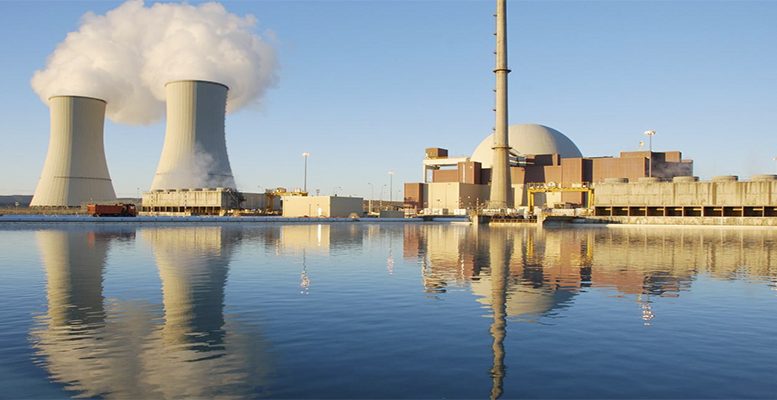Fernando González Urbaneja | The conflict over the escalating price of electricity goes from bad to worse, from threat to threat and from one brag to another. The latest is the Nuclear Forum warning (perhaps threatening) to shut down the nuclear power plants that today provide almost a third of the electricity fed into the grid. A boastful threat, highly improbable, if not impossible. Nuclear management is too important for one of the players in the sector to paralyse activity. The threat-warning must be the result of a hot-headed, cocky attitude.
What is striking in this crisis is the sector’s silence, especially from the producer companies who have not intervened in the debate. They have renounced any pedagogy that would highlight the values and merits of the sector of which there are many. Perhaps, accustomed to working in the corridors, they have not realised that public opinion exists and that taking care of its reputation means explaining and informing.
The government, which has acted slowly and confusedly, failed to see what was coming and has finally opted to take measures, which could have been taken months ago, and to look for external culprits to blame.
Do you find it so difficult to take the cooperative route? To reach a consensus amongst stakeholders and to cooperate in order to offer the public a comprehensible, intelligent and credible account of the short, medium and long-term expectations regarding the cost of electricity? Cooperation would result in a win-win outcome, while confrontation and accusations only result in a loser’s game.
There are reasons to believe that the cost of producing electricity in the medium term will become lower and lower. However, this does not preclude tensions in the transition of this process when uncontrollable circumstances such as the escalation of gas prices occur.
The process of decarbonisation (not only of coal, but also of hydrocarbons) is one of the global strategic objectives that requires time, strategy, explanations and investment. It points to a healthier, more stable and sustainable future, although it involves immediate costs. Explaining this process is not complicated, it requires conviction, credibility, dedication and intelligence. It requires cooperation from experts, administrations and industry. What is happening in Spain with electricity tariffs is depressing, indicative of incompetence and clumsiness. Industry cannot pile empty threats on the government because it has little to gain. And by attacking the industry, the government is engaging in sterile populism.
It would be an unacceptable challenge which would justify interventionist measures as harsh as they are justified.





